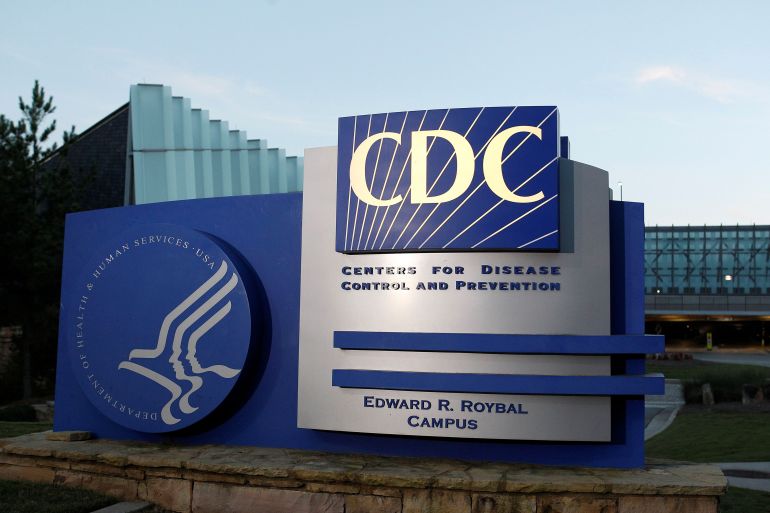Study analyzes potential risks associated with the flu vaccine.

A recent study from Cleveland Clinic, based in the United States, has sparked significant attention regarding the effectiveness of the flu vaccine. This heightened interest among vaccine skeptics has led to growing discussions and concerns surrounding the purported safety and efficacy of vaccinations.
The April 4 preprint study reportedly indicated that Cleveland Clinic employees vaccinated against the flu experienced a 27% higher likelihood of contracting the illness compared to their unvaccinated counterparts. Posts circulating on social media platforms, such as X, have publicized this finding, with some calling for a re-evaluation of the flu vaccine’s presence in the market. The study, titled “Effectiveness of the Influenza Vaccine During the 2024-2025 Respiratory Viral Season,” was posted on medRxiv, a preprint server noted for housing research that has not undergone peer review. As stated prominently on the site, these studies should not be used as a guide for clinical practices until they have been thoroughly vetted.
The research encompassed a cohort of 53,402 employees at Cleveland Clinic Health System in Ohio. Initial analysis suggested a higher incidence of flu among vaccinated individuals during the last flu season. However, Cleveland Clinic representatives, including spokesperson Andrea Pacetti, urged caution in interpreting the results. They highlighted that the study’s participants, being predominantly healthy healthcare workers, do not necessarily represent the broader population.
The flu vaccine remains a critical tool in public health, preventing severe illness and hospitalizations related to influenza. Each year, the FDA’s Vaccines and Related Biological Products Advisory Committee evaluates global data, determining which viruses will be included in the annual flu vaccine formulation. Recommendations from the CDC and WHO, among others, guide these decisions, ensuring vaccines are effective against circulating strains.
Experts, including Robert H. Hopkins Jr., medical director at the National Foundation for Infectious Diseases, emphasize that the centerpiece of flu vaccination lies in its ability to diminish the severity of the illness, rather than merely preventing the flu itself. These insights reiterate that while vaccine effectiveness fluctuates annually, even incomplete vaccination can significantly reduce the risk of serious complications.
Coauthor Nabin Shrestha echoed these sentiments, acknowledging the increased risk of flu among vaccinated individuals, while noting that this could be attributed to various unrecognized factors rather than a direct effect of the vaccine itself. He affirmed the importance of flu vaccinations in safeguarding public health.
The Cleveland Clinic study involved a highly vaccinated population, with 98.7% having received the inactivated trivalent influenza vaccine. Remarkably, only 2% of the participants contracted influenza during the study, underscoring the vaccine’s continued relevance, particularly in high-risk environments such as healthcare settings.
Experts reiterate that flu vaccine effectiveness is subject to seasonal variances and individual health profiles, with the CDC noting a 42% effectiveness rate during the 2023-2024 season. Ultimately, the crucial necessity for ongoing public education about vaccines persists, as their benefits in preventing severe illness and mortality are paramount.
By fostering informed discussions, the hope is to strengthen public confidence in vaccines while also promoting a comprehensive understanding of their role in community health.
#HealthNews #MiddleEastNews






